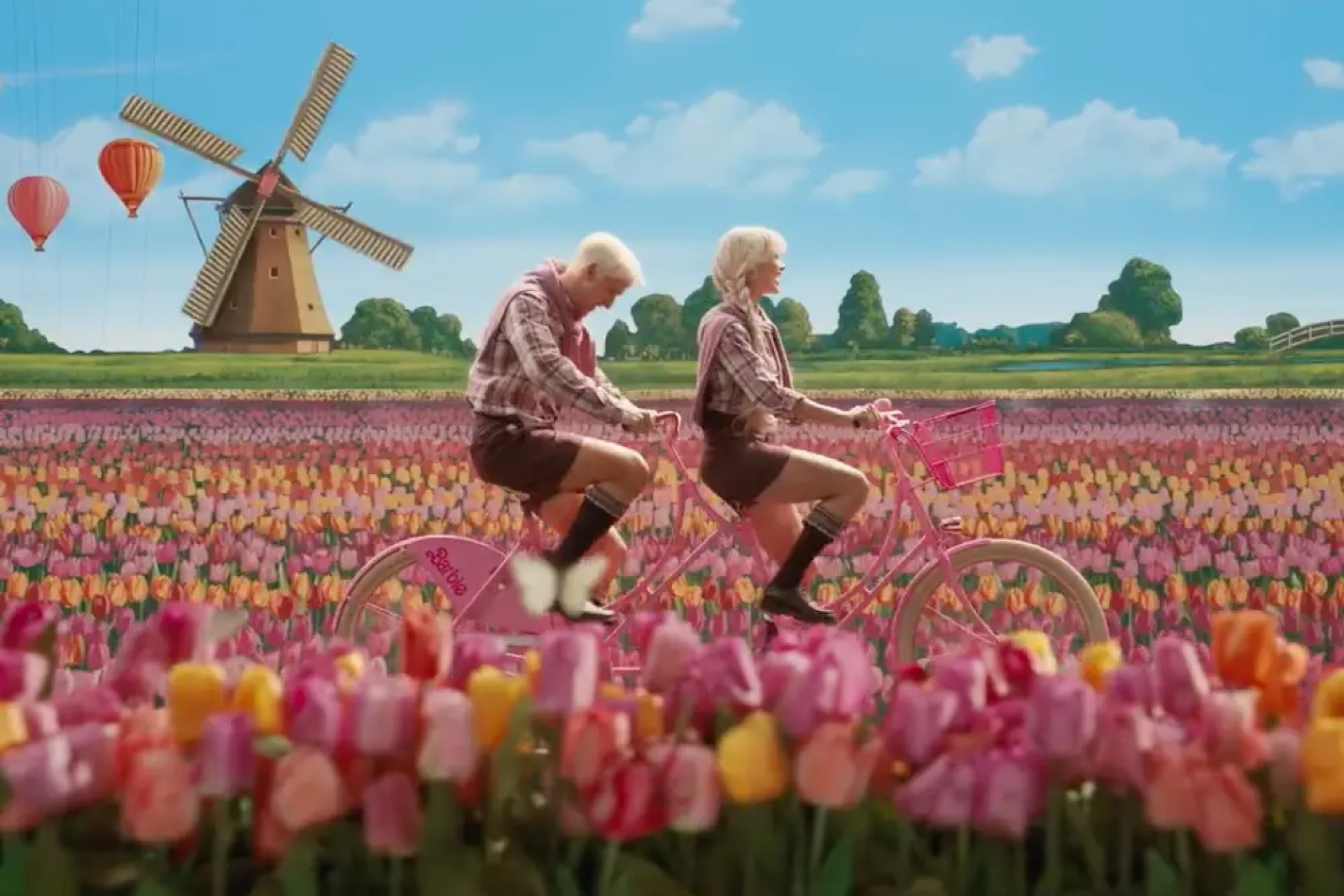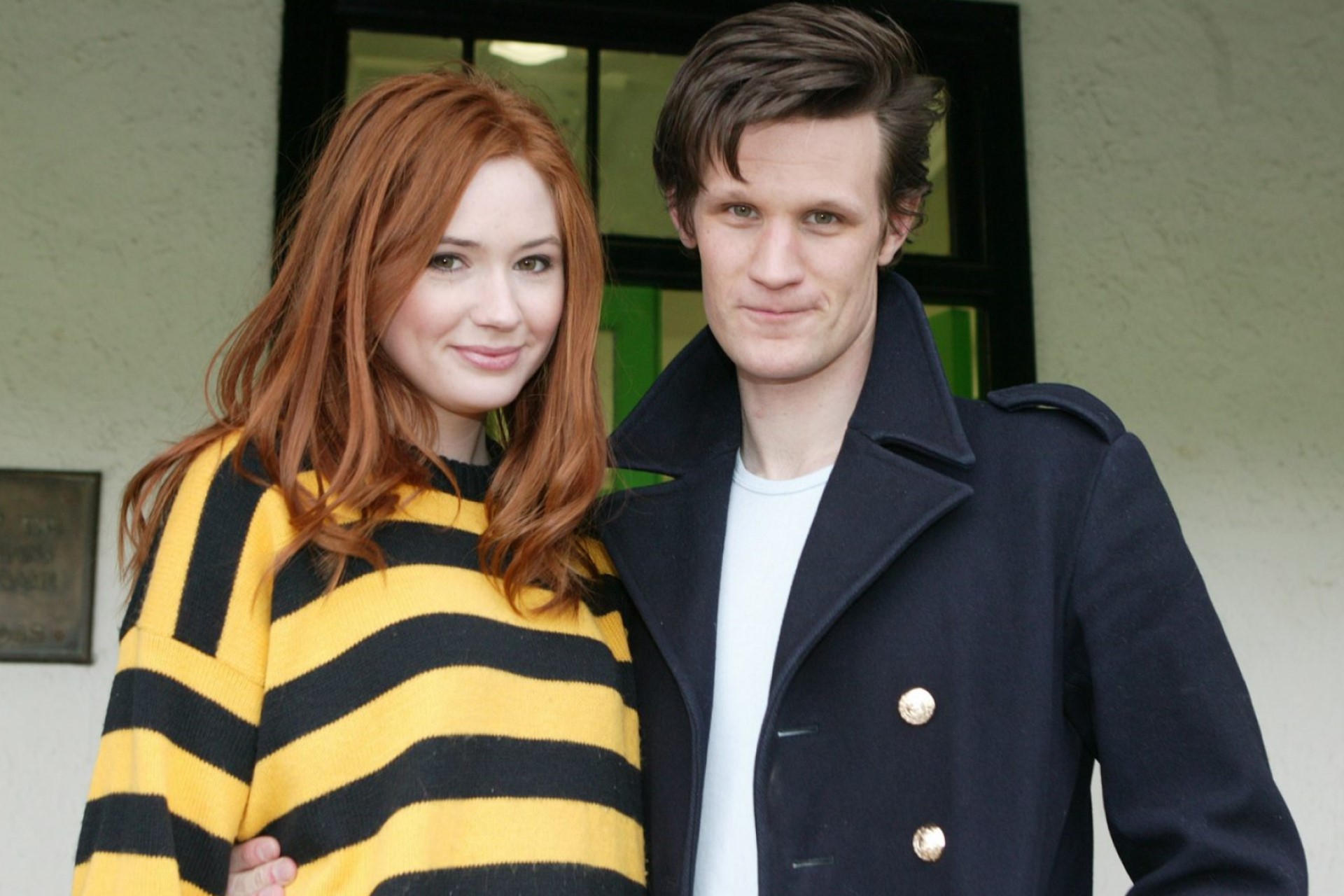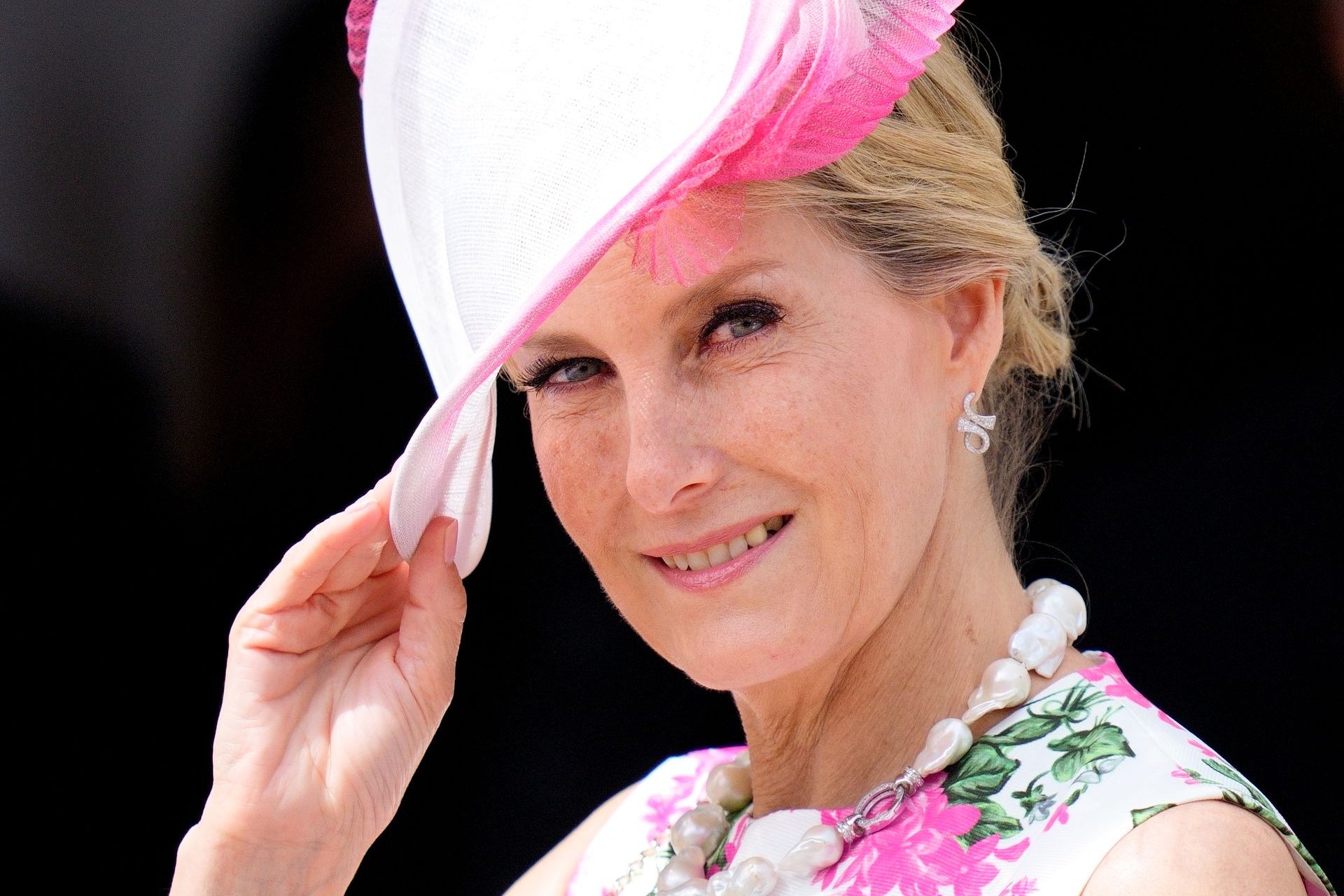Noisy Netherlanders: international stereotypes about the Dutch
Just like Stereotypical Barbie and Stereotypical Ken, who wrote their bikes through a Stereotypical Holland landscape with tulips and windmills in the film 'Barbie,' many people abroad have a certain image of The Netherlands and the Dutch. But what is true and what is not? Let's have a look at the most common prejudices about Dutch people.
Image: still from 'Barbie' / Heyday, LuckyCchap, Mattel
The Dutch are sometimes considered to be stingy because they value money and tend to look for bargains, according to the Dutch newspaper AD. The Dutch themselves would interpret it as thriftiness rather than stinginess.
The Dutch are known for their frankness and for expressing their opinion without hindrance, according to RTL. People in countries where more measured forms of communication are the norm may perceive this as a lack of subtlety or plain rudeness.
When the Dutch are abroad, they are sometimes considered noisy, according to Quest. Especially when they are in groups. This can be attributed to their directness and outgoing personality. The Dutch are also not afraid to talk about personal problems in public.
Image: Helena Lopes / Unsplash
The Dutch are considered as tall people. This is not surprising because, according to Statistics Netherlands, the Dutch are on average the tallest people in the world. Yet, in the international basketball world, they are hardly competing!
The Netherlands is known for its cheese production, causing Dutch people to be considered major cheese eaters and milk drinkers. However, most of what they make is for export to other countries.
Image: Katrin Leinfellner / Unsplash
And what's more, there are slightly more vegan people among the Dutch (1.5%) than the percentage in other countries (1.1%), according to the Dutch organization for veganism NVV.
The Dutch are still associated with tulips and wooden shoes, the newspaper Nederlands Dagblad reports. Although these are two iconic symbols of Dutch history and culture, no one actually wears the wooden clogs, and tulips are only grown in a small part of the country.
Image: Howard Roark / Unsplash
As the 'Barbie' movie and many other representations of The Netherlands show, the Dutch are associated with a strong cycling culture. And this is based on the truth. The Netherlands has a well-developed cycling infrastructure, making the bike a popular and convenient form of transport.
What certainly helps is that The Netherlands is flat: the highest 'mountain' in the entire country measures 300 meters.
The Netherlands is known for its liberal policy in areas such as drugs, p r o s t i t u t i o n, and euthanasia, according to the newspaper AD. That is why the Dutch are sometimes seen as tolerant, progressive, and open-minded compared to other countries.
Image: Crystalweed Cannabis / Unsplash
However, since the turn of the century, many places in the world have 'caught up' with policies on soft drugs and medical procedures. And in the meantime, Dutch cities have cracked down on 'coffee shop and brothel' tourism. So The Netherlands is not as much at the vanguard of progressive politics as they are said to be.
The Dutch have a passion for football according to foreigners. Just like UK supporters, avid football fans from The Netherlands show a lot of enthusiasm and make noise for their team abroad. When the national team plays somewhere, the stadium's surroundings and the city turn orange.
The Dutch generally have a good command of English according to the broadcaster NOS. This is due to the early education in English and the fact that the Dutch often use English in international trade and tourism.
The Dutch are known for their organizational talent and efficiency, especially in business. This is often attributed to a strong sense of planning and punctuality according to BNNVARA. Their emphasis on punctuality is not always in line with the business practices in other countries and can sometimes lead to awkward situations.
The Dutch are known for their punctuality and value it highly, the university magazine Folia states. Appointments and meetings usually start right on time, and arriving late is considered rude.
This is a curious trait of the Dutch, and it is natural for people from other countries to frown upon it. Swear words in the Dutch language often have illnesses in them. According to Kijk Magazine, the Dutch have a unique reputation when it comes to name-calling with diseases, or 'wishing' diseases upon a person they are angry with.
A wide range of ailments are used in curses; both old illnesses that have mostly been eliminated from society, like tuberculosis, and existing, deadly diseases like cancer. In fact, young people in The Netherlands will add the c-word to all kinds of slang words, even in a positive way. A Dutch youngster may tell you that something is 'cancer-good' and it will raise no eyebrows among its fellow countrymen.
The Dutch have a long history as trading people. They were among the first to travel the world and exchange goods with peoples from other continents - even if those exchanges were not always peaceful and Dutch colonialism is a dark page in their history. Ever since, however, the Dutch have been considered smart entrepreneurs with a strong commercial spirit.
Image: Geralt / Pixabay
To end this list on a positive note, the newspaper AD says that foreigners tend to see the Dutch as generally friendly and helpful. They make friends abroad easily and are said to help out tourists when they visit their country.
Image: Jace Afsoon / Unsplash































